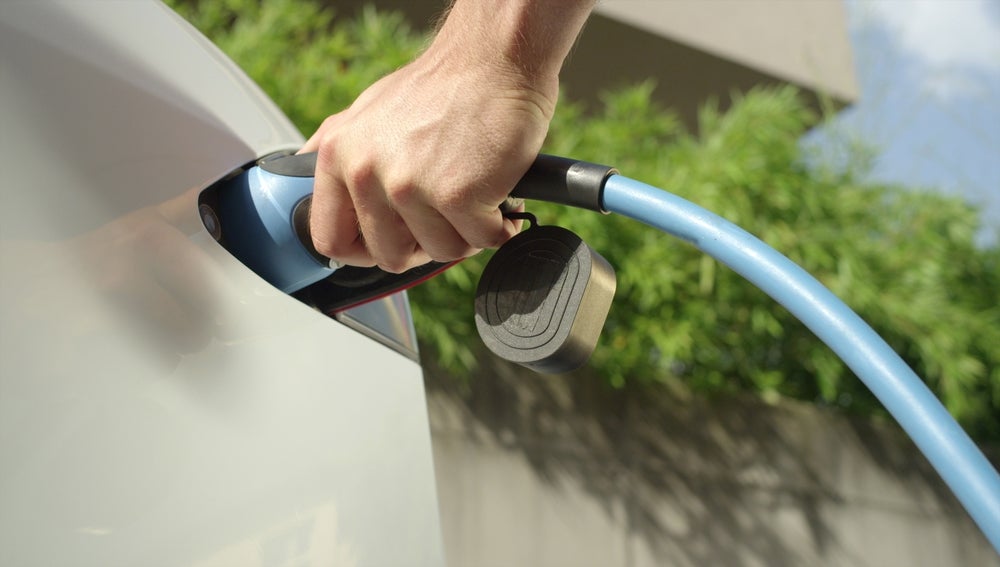
Martin Ward, principal associate at Eversheds Sutherland, discussed Mercedes-Benz Financial Services UK Ltd v The Commissioners for Her Majesty’s Revenue & Customs
The Facts
In 2007, Mercedes-Benz Financial Services UK Ltd (“MB”) launched a new finance product (“Agility”). Agility sat between the traditional financing models of hire-purchase (“HP”) and lease, and is now widely known as a personal contract purchase product (“PCP”). PCP allows a customer to purchase, hand back or part-exchange the vehicle at maturity.
A disagreement with HMRC arose over how VAT should be payable on the Agility product. HMRC considered Agility was a supply of goods, where VAT is chargeable at the outset of the agreement; whereas MB considered Agility was a supply of services where VAT is chargeable on each instalment.
The legal argument
The European Council Directive 2006/112/EC (the “Directive”) deals specifically with VAT treatment. Article 14(2)(b) (the “Article”) of the Directive states that one of the definitions of a ‘sale of goods’ is where the contract of sale concerns ‘the actual handing over of goods pursuant to a contract for the hire of goods for a certain period, or for the sale of goods on deferred terms, which provides that in the normal course of events ownership is to pass at the latest upon payment of the final instalment’.

US Tariffs are shifting - will you react or anticipate?
Don’t let policy changes catch you off guard. Stay proactive with real-time data and expert analysis.
By GlobalDataIt was MB’s view that the Article should be assessed from a commercial point of view and that the Tribunal should consider the options Agility provides to consumers. They argued that the Article only applies where it is more likely than not that ownership of the vehicle will ultimately pass. Agility provides consumers with a choice where, unlike in an HP agreement, the passing of ownership is not determined from the start of the agreement.
HMRC’s perspective was that the Article should be construed in accordance with the meaning of the contract – not wider commercial considerations. The phrase ‘in the normal course of events’ relates to when the ownership passes, not if it will pass. Furthermore, the wording of the Article does not make reference to a question of the probability of ownership passing. HMRC argued that Agility contracts provide for ownership to pass upon payment of a final instalment which is how HP agreements are structured.
The decisions
The First Tribunal found in favour of HMRC and MB was required to account for VAT upfront because:
- the Article should be read in line with the contract; not in the context of wider commercial considerations as MB has suggested;
- the stark similarities between Agility and HP agreements (such as a final payment, the inclusion of finance fees) suggest that Agility is a contract for a supply of goods;
- ‘in the normal course of events’ is to be read as an analysis of whether the passing of ownership is normal under the contract; and
- the fact that ownership may not pass under a Agility does not mean that it stops being a contract for the sale of goods.
MB appealed. The Upper Tribunal felt that the First Tribunal had erred because:
- the determination of whether ownership would pass ‘in the normal course of events’ is an objective assessment of the situation at the time the contract is entered into.
- there has to be an assessment of the ‘economic purpose’ of the contract – in this case, to afford the consumer the opportunity to acquire a car in an affordable way; and
- the First Tribunal had been wrong to suggest that under Agility the consumer’s only viable option is to purchase the vehicle at maturity of the agreement.
HMRC appealed to the Court of Appeal (“CoA”). The CoA decided to refer the question to the European Court of Justice (“ECJ”) for interpretation of the Article.
The Advocate General’s opinion and ECJ Decision
The Advocate General observed that in order for a contract to constitute a supply of goods:
- it must provide for an automatic ownership transfer or purchase option when the lease ends.
- ownership transfer must follow ‘in the normal course of events’ (i.e. in the normal performance of the agreement) even where this is the only economically rational course as a result of a consumer having paid virtually the full transfer price of the asset; and
- ownership transfer must occur no later than on payment of the final instalment and this can be where a menial option exercise price (as on HP agreements) is made where monthly repayment instalments make up virtually the full asset price
As such, the Advocate General’s opinion was in favour of MB.
The ECJ agreed with the Advocate General’s opinion. The ECJ noted for Agility, only 50% of people take up the option to purchase suggesting that it is not ‘normal’ for ownership to occur, nor is it the case that consumers have no choice but to exercise the option to purchase. The ECJ also observed that under Agility a consumer would be making lower repayments than on HP and, on maturity, the total amount paid would be 60% of the asset value (HP would usually be higher).
The ECJ’s opinion has been referred back to the CoA for final judgment. Based on the facts of the case, and the rationale employed by the ECJ, it is hoped the CoA will agree that Agility contracts are a supply of services; not a supply of goods.







